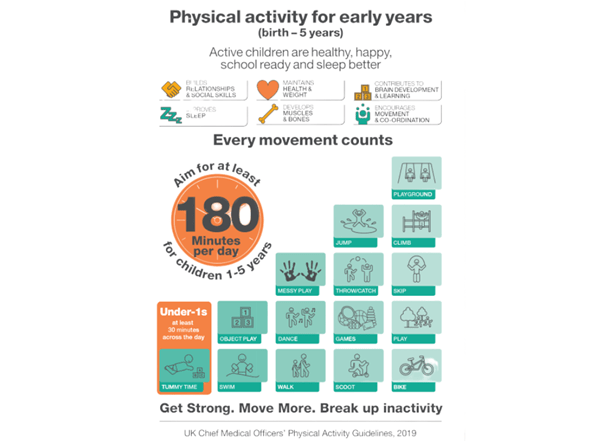If you’ve got a tiny tot who’s just starting to explore the world on their feet, you will be familiar with the occasional tumble and stumble. This is normal as the child learns movement and balance strategies. However as paediatric physiotherapists, we are here to guide you through the ABCs of keeping your little ones on their feet and thriving. Paediatric physiotherapists can assess a child’s gross motor development and provide strategies to improve a child’s strength, balance, coordination, and motor planning skills to support the development of independent walking.
A is for Awareness:
The first step in preventing tumbles is being aware of your child’s developmental milestones. Every child progresses at their own pace, but generally, by the age of one, they should be able to stand with support and take their first steps. If you notice any delays or difficulties, it’s essential to seek professional guidance. A delay in walking may be preceded by a delay in sitting or standing. If this is the case, it may be useful to discuss with your doctor or paediatrician. Some babies love bottom shuffling, and this may delay walking as baby may be quite fast and efficient at moving about in this way. Bottom shuffling can make standing up a bit more difficult however most babies get there on their own in the end. Some tots like to W sit. This is when they sit with their bottoms, hips, knees, and feet on the ground in the manner of a letter W. This should be discouraged as it may lead to problems down the line.
B is for Balance:
Balance is crucial for staying upright and avoiding falls. Simple activities like playing with stacking blocks or walking on uneven surfaces can help improve your child’s balance and coordination . However, if your child consistently demonstrates difficulties with balance or coordination, it may be beneficial to consult with a paediatric physiotherapist. They can perform a comprehensive assessment to identify any underlying factors contributing to these challenges and develop a tailored treatment plan to address them.
C is for Core Strength:
Strong core muscles are the foundation for good posture and stability. Engaging your child in activities that promote core strength is essential for their physical development. For infants, tummy time is an excellent way to encourage the strengthening of core muscles and promote head control. As they grow, activities such as crawling, climbing, and jumping can further enhance their core strength. If you notice that your child is struggling with core stability, a paediatric physiotherapist can provide guidance on specific exercises and activities to target these areas effectively.
D is for Developmental Milestones:
Understanding your child’s developmental milestones is crucial for monitoring their progress and identifying any potential issues early on. From crawling to walking and beyond, each stage of development comes with its own set of challenges and achievements. If you have concerns about your child’s development, don’t hesitate to reach out to a paediatric physiotherapist. They can conduct a thorough assessment to determine whether your child is meeting their milestones and provide appropriate interventions if necessary.
E is for Environment:
Creating a safe environment is essential for minimising the risk of falls and injuries. Remove hazards such as sharp corners, loose rugs, and cluttered spaces where your child plays. Additionally, ensure that your child has access to age-appropriate toys and equipment that support their physical development. If you’re unsure about how to modify your home environment to promote safe mobility for your child, a paediatric physiotherapist can provide valuable recommendations and guidance.
A sensory environment can be helpful to develop walking and balance skills. Sensory walking involves barefoot walking over various textures such as grass, sand and leaves. This improves sensory awareness, proprioception and good balance skills.
F is for Fun:
Above all, make physical activity enjoyable for your child! Incorporating play into everyday routines can help keep them engaged and motivated to stay active. Whether it’s playing in the park, dancing to music, or participating in organised sports, find activities that your child enjoys and encourage them to participate regularly . Not only will this promote physical health, but it will also foster social skills and emotional well-being. A minimum of 180 minutes per day of activity is recommended.

Photo credit – www.nhs.ggc.org.uk
In summary, the ABCs of paediatric physiotherapy are essential for promoting safe mobility and physical development in young children. By being aware of your child’s developmental milestones, focusing on balance and core strength, monitoring their progress, creating a safe environment, and making physical activity fun, you can help your tiny tot stay on their feet and thrive. If you have any concerns about your child’s movement or development, please seek guidance from our paediatric physios at the Home Physio Group. Together, we can support your child’s journey to optimal health and well-being.
For more information, please contact us on 0330 335 1016 or alternatively please fill out our contact sheet and we will get back to you.
